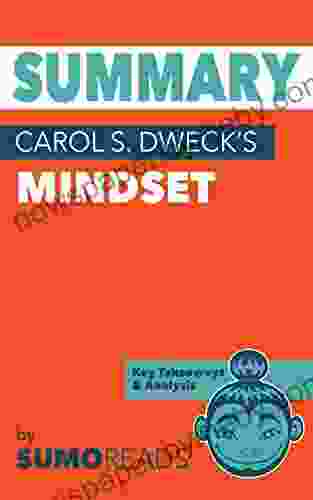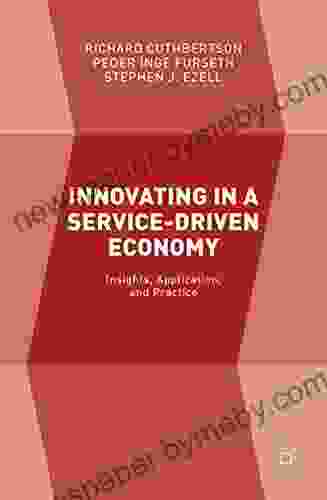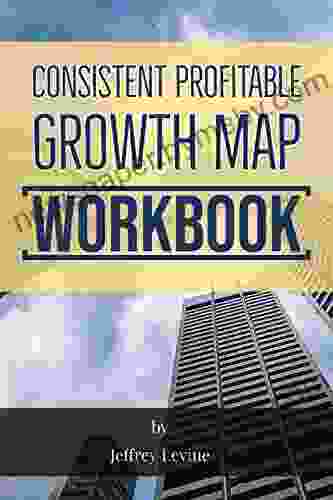In her groundbreaking book, Mindset: The New Psychology of Success, renowned psychologist Carol Dweck explores the profound impact of our beliefs about our own intelligence and abilities.
4.4 out of 5
| Language | : | English |
| File size | : | 584 KB |
| Text-to-Speech | : | Enabled |
| Screen Reader | : | Supported |
| Enhanced typesetting | : | Enabled |
| Print length | : | 27 pages |
| Lending | : | Enabled |
Dweck argues that there are two fundamental mindsets: the fixed mindset and the growth mindset. Individuals with a fixed mindset believe that their abilities are fixed and unchangeable, while those with a growth mindset believe that their abilities can be developed through effort and perseverance.
The book provides a wealth of compelling research and real-life examples to demonstrate the transformative power of a growth mindset. It shows how people with a growth mindset are more likely to embrace challenges, persist in the face of setbacks, and ultimately achieve greater success in both their personal and professional lives.
The Fixed Mindset
Individuals with a fixed mindset believe that their intelligence and abilities are fixed and unchangeable. They see success as a reflection of their innate abilities, and avoid challenges that could potentially reveal their limitations.
The fixed mindset has several key characteristics:
- Belief that intelligence is fixed and cannot be changed
- Avoidance of challenges and new experiences
- Focus on proving one's worth rather than learning
- Tendency to give up easily when faced with setbacks
Individuals with a fixed mindset often engage in self-limiting behaviors, such as:
- Ignoring feedback that could help them improve
- Attributing success to external factors, such as luck or circumstance
- Avoiding challenges that could potentially expose their weaknesses
- Dwelling on mistakes and setbacks
The Growth Mindset
Individuals with a growth mindset believe that their intelligence and abilities can be developed through effort and perseverance. They see challenges as opportunities for learning and growth, and are not afraid to make mistakes.
The growth mindset has several key characteristics:
- Belief that intelligence can be developed and improved
- Embracing of challenges and new experiences
- Focus on learning and personal growth
- Resilience in the face of setbacks
Individuals with a growth mindset often engage in empowering behaviors, such as:
- Seeking out feedback and criticism
- Attributing success to effort and hard work
- Persevering through challenges and setbacks
- Learning from mistakes and failures
The Benefits of a Growth Mindset
Research has shown that individuals with a growth mindset experience numerous benefits, including:
- Increased academic achievement
- Greater job satisfaction and success
- Improved creativity and innovation
- Enhanced resilience and emotional well-being
- Stronger relationships and social support
Cultivating a Growth Mindset
Dweck argues that everyone can develop a growth mindset, regardless of their background or past experiences. Here are some tips for cultivating a growth mindset:
- Challenge fixed beliefs about intelligence and abilities
- Embrace challenges and view them as opportunities for growth
- Focus on learning and personal development
- Persist through setbacks and learn from mistakes
- Surround yourself with supportive people who encourage a growth mindset
Carol Dweck's Mindset theory is a powerful tool for understanding and transforming our beliefs about intelligence and abilities. By cultivating a growth mindset, we can unlock our full potential, achieve greater success, and live more fulfilling lives.
If you are ready to embrace a growth mindset and unlock your true potential, I highly recommend reading Carol Dweck's book, Mindset: The New Psychology of Success.


























































































